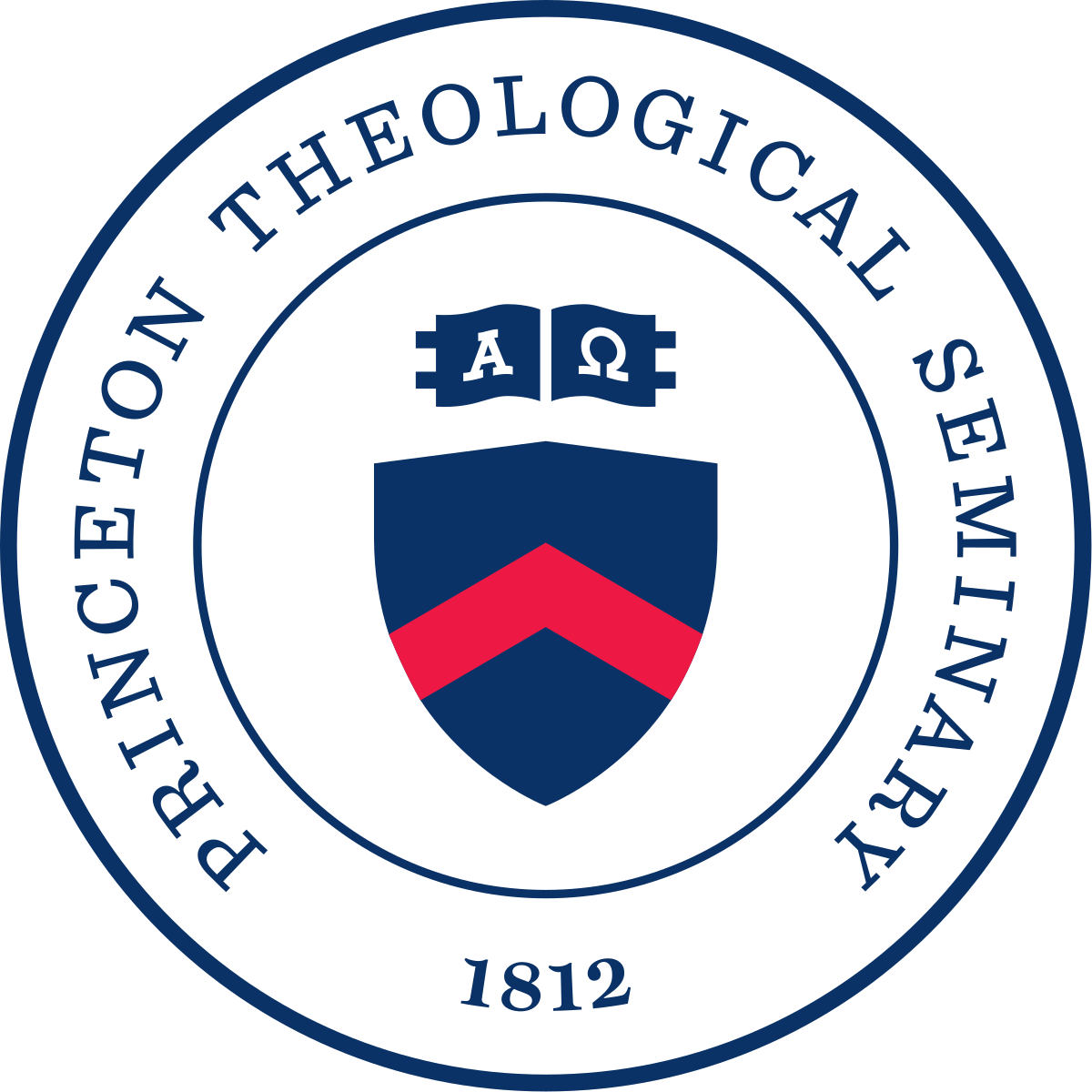 The board of trustees of the Princeton Theological Seminary in New Jersey has announced a series of initiatives that it will take to address the educational institution’s ties to slavery.
The board of trustees of the Princeton Theological Seminary in New Jersey has announced a series of initiatives that it will take to address the educational institution’s ties to slavery.
A report issued last fall determined that the Seminary did not own slaves and its buildings were not constructed with slave labor. Yet, the Seminary benefited from the slave economy, both through investments in Southern banks in the mid-19th century and from donors who profited from slavery. Also, founding faculty and leaders used slave labor at some point in their lives. Several of the first professors and board members were deeply involved in the American Colonization Society, which advocated sending free blacks to Liberia.
As a result of these ties to slavery, the Seminary has decided to increase student financial assistance, to increase support for the Center for Black Church Studies, and to make changes to the Seminary’s curriculum.
Among the initiatives approved by the board of trustees are:
- Offering 30 new scholarships, valued at the cost of tuition plus $15,000, for students who are descendants of slaves or from underrepresented groups
- Hiring a full-time director of the Center for Black Church Studies
- Hiring a new faculty member whose research and teaching will give critical attention to African American experience and ecclesial life
- Designating five doctoral fellowships for students who are descendants of slaves or from underrepresented groups
- Naming the library after Theodore Sedgwick Wright, the first African American to attend and graduate from Princeton Seminary
“The report was an act of confession,” says John White, dean of students and vice president of student relations. “These responses are intended as acts of repentance that will lead to lasting impact within our community.”









